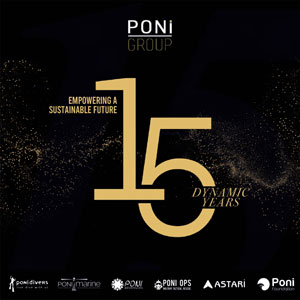Used cooking oil is often an overlooked byproduct in the kitchen. While it might seem harmless, improper disposal can have severe environmental and infrastructural consequences.
From clogged pipes to polluted waterways, the effects of discarding oil irresponsibly are far-reaching. Understanding how and why to recycle used cooking oil is a step towards reducing waste and promoting sustainability.
WHY RECYCLING USED COOKING OIL IS IMPORTANT
Improper disposal of cooking oil – whether poured down the drain or thrown away with household rubbish – can lead to significant problems. In drains, the oil solidifies and clogs pipes, resulting in plumbing emergencies and costly repairs.
On a larger scale, when oil enters waterways, it forms an oily film that disrupts oxygen exchange, severely harming aquatic ecosystems.
Nur Amanina binti Haji Zunaidi of Syaliz Waste Recycling which specialises in used cooking oil waste, highlighted several additional risks:
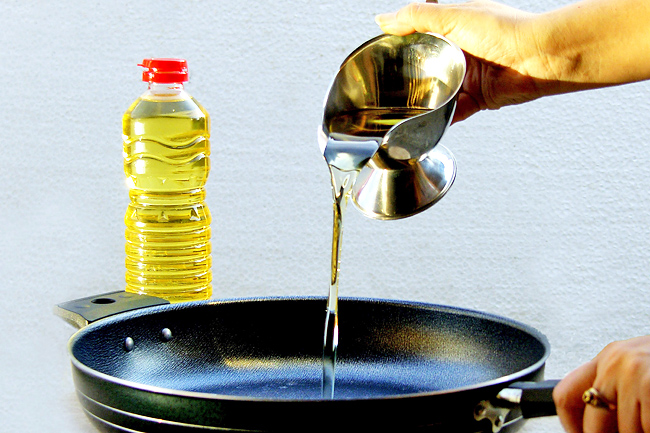
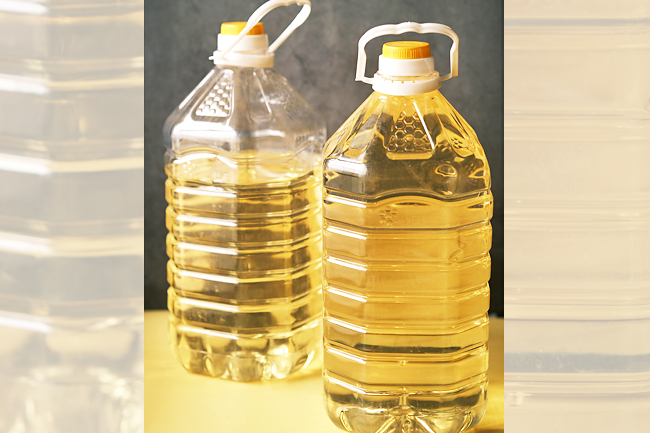
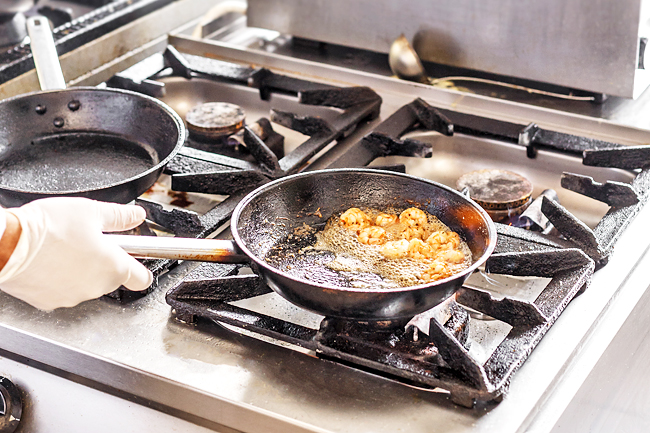
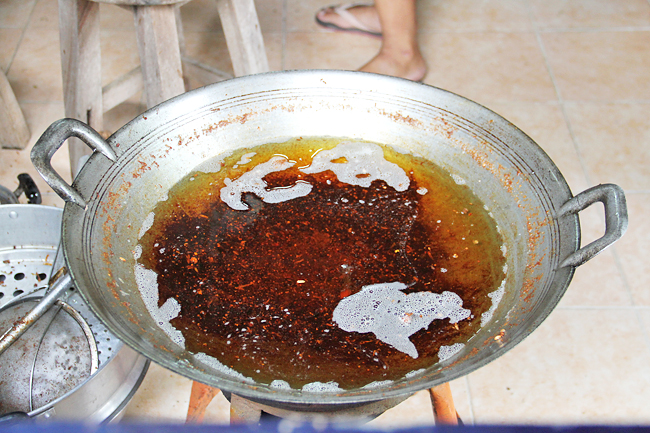
“Improper disposal of used cooking oil, such as pouring it into rivers or drains, causes significant environmental harm. Moreover, incorrect disposal methods can lead to health problems, including food poisoning and exposure to toxins.”
Recycling used cooking oil not only mitigates these risks but also creates opportunities to repurpose it into valuable products like biodiesel, soap, and detergents, contributing to a more sustainable future.
Once collected, used cooking oil undergoes filtration to remove impurities.
“The recycled cooking oil is repurposed into conventional soap, detergent, biodiesel, and candle wax,” explained Nur Amanina.
These by-products serve as practical and environmentally friendly alternatives to petroleum-based products. Interestingly, while some recycled oil products enjoy global popularity, demand varies by region.
As Nur Amanina noted, most of their by-products are exported to places like Europe and India, where the markets for these products are more robust.
Many households may not realise the extent to which their used cooking oil can be recycled.
For individuals, participating in such initiatives reduces waste and encourages responsible consumption.
Even small contributions from households add up as centre collects about 40,000 kilogrammes (kg) of used cooking oil per month.
STEPS TO PROPERLY STORE USED COOKING OIL
Proper storage is essential to ensure used cooking oil can be effectively recycled. Follow these simple steps:
Cool It First: Ensure the oil is completely cooled to avoid accidents.
Strain the Oil: Remove any food particles using a sieve or cheesecloth. This step prevents contamination.
Use a Suitable Container: Store the oil in a clean, leak-proof container, such as a plastic bottle or tin. Avoid using materials that can easily break or deteriorate.
Label Clearly: Mark the container as “Used Cooking Oil” to avoid confusion in the household.
Keep It Secure: Place the container in a cool, dry area until you can transport it for recycling.
A SHARED RESPONSIBILITY
Recycling used cooking oil is not just an environmental imperative but also a way to protect public health and reduce resource wastage.
When you make the effort to store and recycle your oil properly, you’re taking part in a global push towards sustainability.
“By collecting and repurposing used cooking oil, we aim to reduce environmental damage and promote sustainable practices for a healthier future,” Nur Amanina went on to say. – Wardi Wasil


